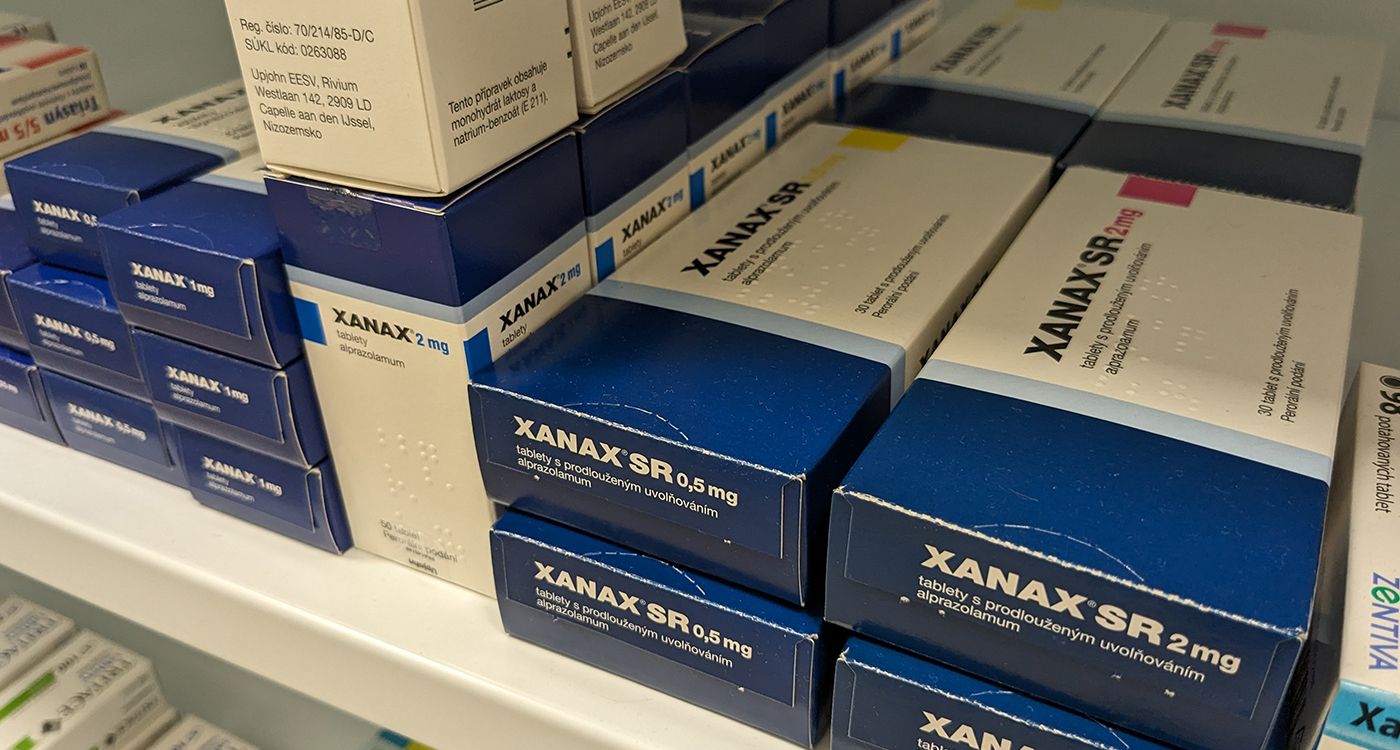
Since 2019, Lebanon has been engulfed in a sequence of crippling socio-economic and political crises, culminating in war. This accumulation of distress has fostered widespread anxiety, raising urgent questions about how mental health is being managed in the country. How are the Lebanese people coping with these unprecedented challenges?
The ongoing crisis has profoundly impacted the mental health of the Lebanese population, with anxiety levels rising dramatically, reflecting a pervasive sense of fear and uncertainty. While many seek relief through various methods such as meditation, exercise, or alternative medicine, an increasing number are turning to quick fixes to manage their anxieties. Among these, benzodiazepines (anxiolytics) are gaining in popularity.
How are Lebanese individuals truly using these medications? Are they being taken under medical supervision, or is self-medication more common? While benzodiazepines offer short-term relief, questions arise about their appropriate usage and whether they pose a potential risk as a response to deeper underlying issues.
Managing Anxiety
Mira*, in her forties, opens up about her use of tranquilizer in her everyday life. “I started taking Xanax a few years ago to manage panic attacks. Upon consulting a psychiatrist, it was prescribed to alleviate my anxiety, given that antidepressants take longer to yield results," she revealed to This is Beirut.
Before the recent escalation of the conflict between Hezbollah and Israel, Mira had managed to reduce her medication intake. “But since September 23, with the escalation of hostilities in Lebanon, the incessant noise of drones and nightly bombings has become too much for me to handle,” she admits.
Increasing Demand Amid Ongoing Tensions
Like Mira, many individuals are seeking help from mental health professionals.
Dr. Sami Richa, a psychiatrist and corresponding member of the French National Academy of Medicine, tells This is Beirut that “there is a significant demand for benzodiazepines. Some people are requesting these medications to ease their anxiety.”
“Currently, many patients report sleep issues and exhibit somatic symptoms,” Richa adds. “While benzodiazepine use is common among adults and the elderly, there is an increasing demand among younger individuals, particularly for sleep, due to anxiety caused by the noise of drones.”
Although benzodiazepines can effectively relieve acute anxiety symptoms, it's vital to emphasize the importance of continuous medical supervision to monitor side effects and prevent dependence.
“I continue to see my psychiatrist, who provides constant support. I ensure to describe my symptoms in detail during these challenging times and notify her of any changes," Mira says.
Alternatives
Several alternatives exist for reducing or discontinuing Xanax consumption. Mira, sharing her experience with This is Beirut, explains some strategies that have proven effective for her. "Upon stopping the tranquilizer, I discovered that walking and exercising were highly effective in redirecting my energy and preventing excessive fixation on my anxiety. I encourage those in similar situations to seek professional help from a psychiatrist or psychotherapist. Xanax served as a crutch during tough times for me," she emphasized.
Richa offers a similar perspective. “There are natural alternatives for improving sleep, such as melatonin or a glass of aniseed before bed,” he notes. “Anxiety symptoms do not always require benzodiazepines, unless they are particularly severe and persistent.” According to him, certain levels of anxiety don’t require immediate treatment. For example, “If someone struggles to sleep in an area affected by bombings, it's better to leave the area, as medication does not address the underlying issue; anxiety often returns once the medication has left the system.”
Challenges in Medication Supply and Prescriptions
The ongoing medication shortage, exacerbated by the economic crisis and logistical disruptions, poses significant challenges for individuals who rely on these drugs to manage anxiety.
With many medications unavailable in pharmacies, patients like Mira have resorted to generic alternatives. “Since the 2019 crisis in Lebanon, it has been difficult to obtain my medication, but I found a generic drug, like alprazolam, which helps me just as much,” she says.
Dr. Joe Salloum, president of the Lebanese Order of Pharmacists, tells This is Beirut that many people are requesting these medications without the proper prescriptions from doctors. However, pharmacists “refuse to dispense them without a prescription due to the serious side effects and risk of dependency associated with these substances,” which can include drowsiness, dizziness, memory issues, and addiction.
Given the severe shortage of these medications, with limited stock often available, “patients are only able to receive one box per month, even with a prescription valid for six months,” explains Salloum.
He also raised concerns about drug smuggling exacerbating the illicit sale of these substances.
In Lebanon, by law, any doctor can prescribe medications, but certain drugs must be prescribed by a qualified psychiatrist or neurologist. Richa emphasizes the need to consider the long-term effects of these medications, as the ease of prescription should not overshadow the necessity of careful, responsible use.

Comments